Home > Politics > Rivers State: Tinubu’s Bold Gamble and...
Rivers State: Tinubu’s Bold Gamble and the Fragile Lessons of Democracy
By AnchorNews | 18 Sep, 2025 05:24:00am | 130
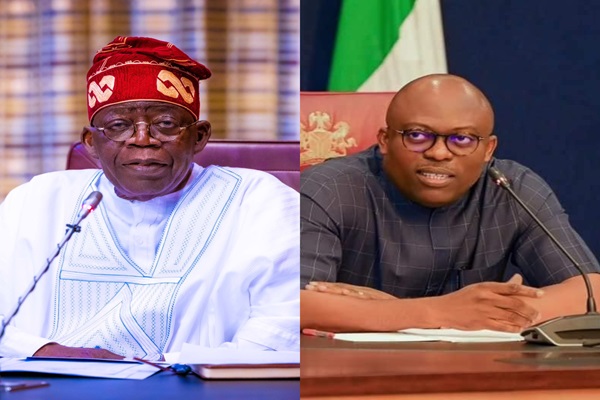
By Dr. Buchi Nnaji
When President Bola Ahmed Tinubu declared a state of emergency in Rivers State on March 18, 2025, many Nigerians gasped. It was not merely a constitutional act; it was a bold gamble that suspended a sitting governor, deputy governor, and the entire state assembly for six months. To some, it looked like a dangerous federal overreach. To others, it was the only way to save Rivers from imploding.
Six months later, the gamble has ended. In a national address yesterday, Tinubu announced the cessation of the emergency effective midnight, restoring Governor Siminalayi Fubara, Deputy Governor Ngozi Nma Odu, and Speaker Martins Amaewhule to office. He described the intervention as “painfully inevitable” but insisted it was necessary to halt a “drift towards anarchy.” His words were not hollow rhetoric. By the time Abuja stepped in, Rivers had become ungovernable: a legislature divided, a governor isolated, budgets stalled, oil pipelines vandalized, and even the Supreme Court declaring there was “no government” in the state.
Tinubu’s critics, of course, never stopped pushing back. Over 40 court cases were filed to challenge the legality of the proclamation. Civil society groups warned about the precedent it set: could any state government now be suspended whenever Abuja deemed fit? Yet, Tinubu pressed on, arguing that the Constitution itself armed him with emergency powers for moments when public order and safety break down.
Now that the dust is settling, the bigger question looms: what has Nigeria learned?
First, Rivers has exposed the fragility of our democratic institutions. A disagreement between four lawmakers and 27 should never have paralyzed an entire state. Yet it did. This shows how quickly political rivalry, if unchecked, can metastasize into a constitutional crisis. Second, the episode highlights the delicate balance between federal intervention and state autonomy. Today, Rivers is back to civilian rule, but the debate over how much power Abuja should wield over states will linger.
For Rivers State itself, the lifting of the emergency is only the beginning. The real test is whether Fubara, Amaewhule, and their camps can bury old grudges and focus on governance. The people of Rivers, weary of months of uncertainty, deserve more than political theatre; they deserve stability, development, and peace.
Tinubu, in his address, reminded leaders across Nigeria that democracy only thrives “in an atmosphere of peace, order, and good government.” That reminder should echo beyond Port Harcourt. If governors and assemblies nationwide allow petty rivalries to consume them, they risk plunging their states into chaos and inviting interventions that weaken democracy itself.
Rivers has returned from the brink. The coming months will reveal whether the stakeholders have learned anything, or whether history is doomed to repeat itself.

Leave a Reply
Your email address will not be published. Required fields are marked *
Category
 Crime & Security
Crime & Security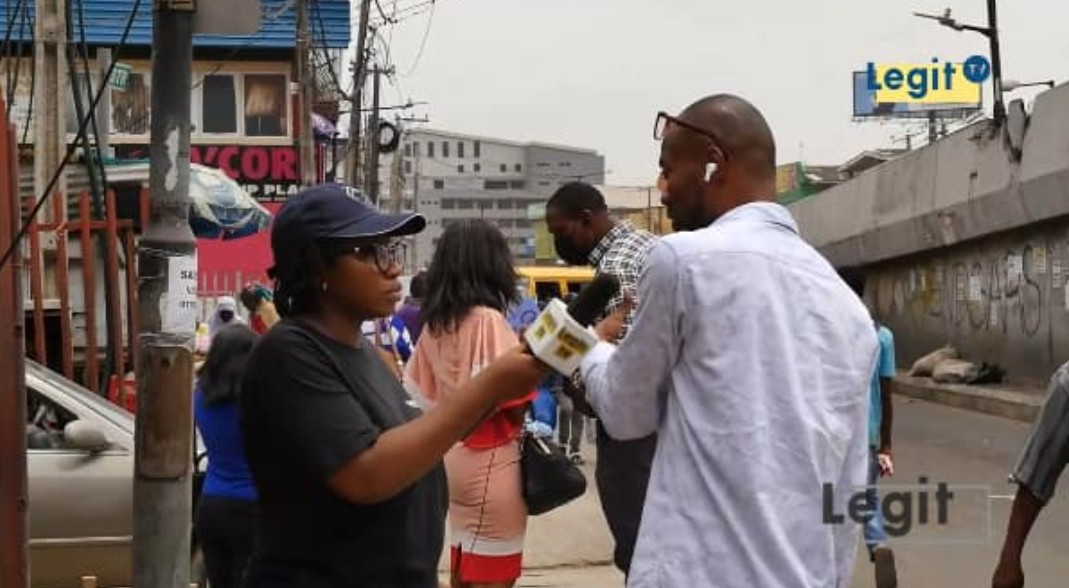 Business & Economy
Business & Economy.jpeg) Interviews
Interviews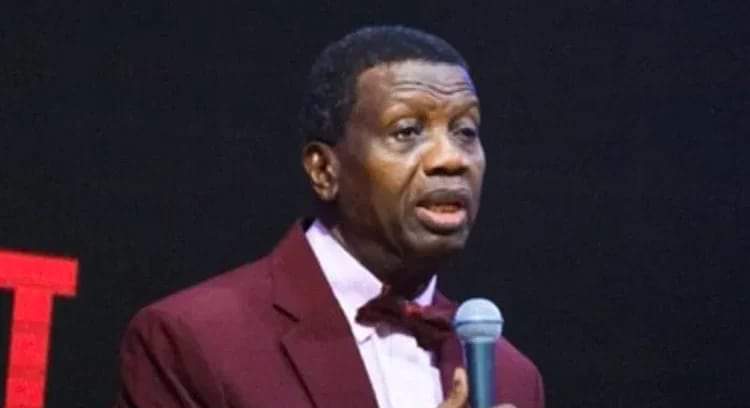 Religion
Religion  Sports
Sports  Opinion
Opinion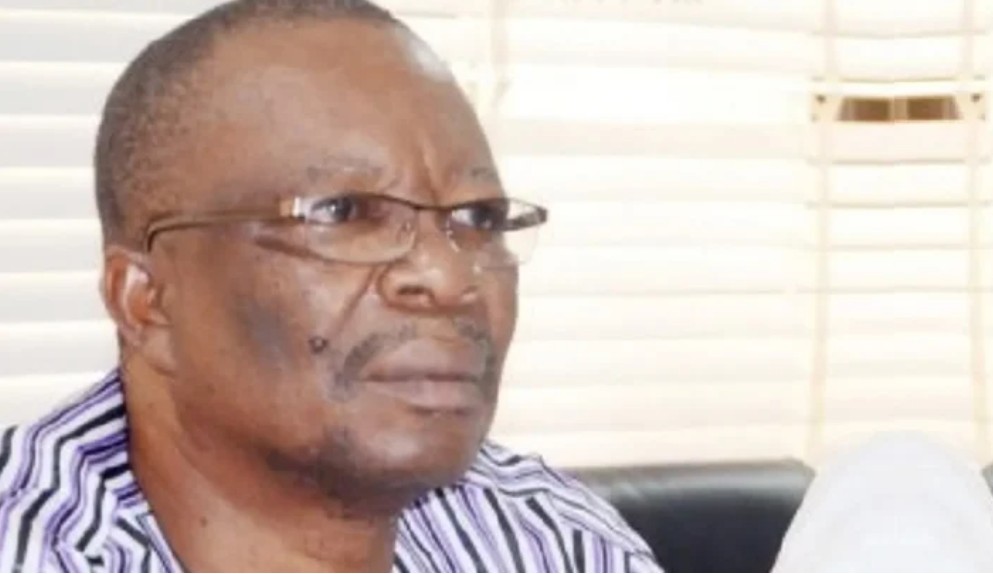 Education
Education 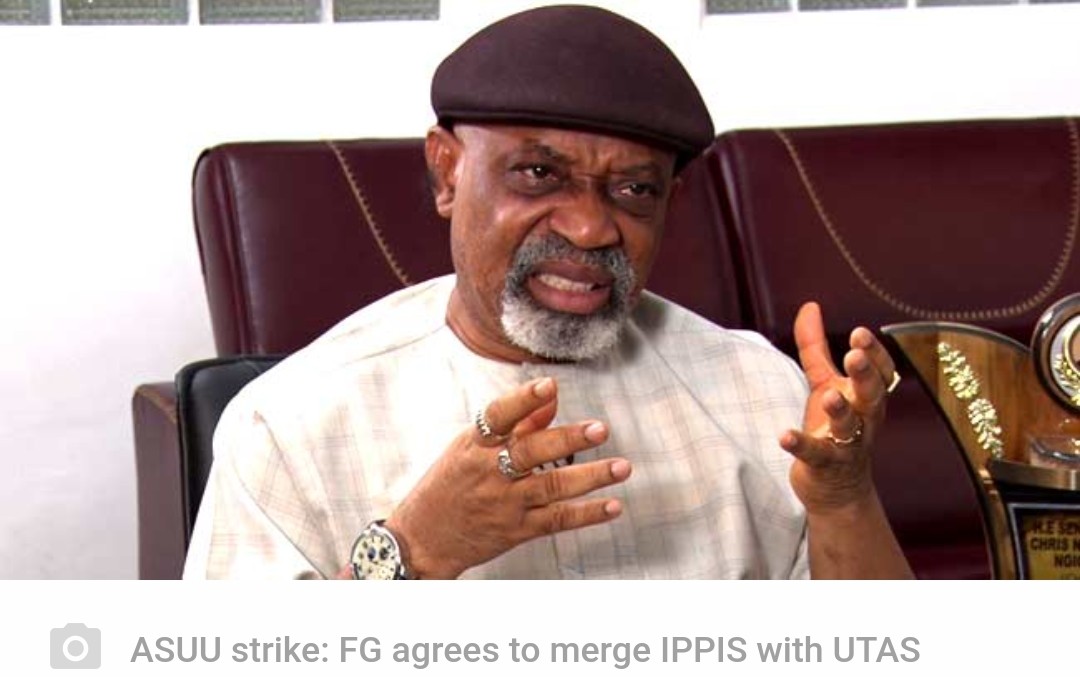 News
News Entertainment
Entertainment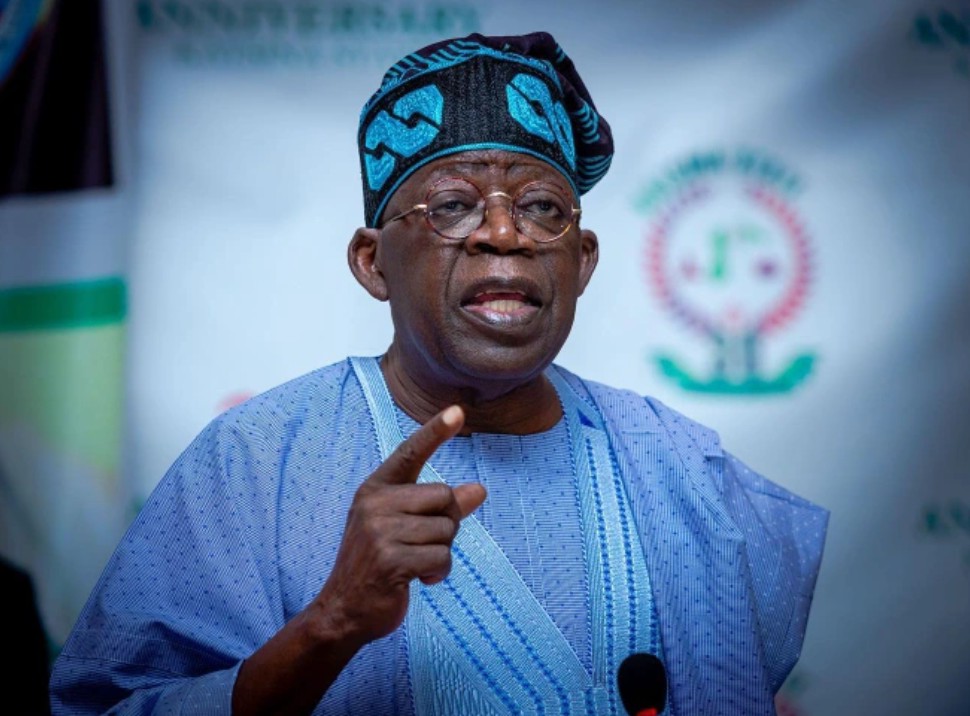 Politics
Politics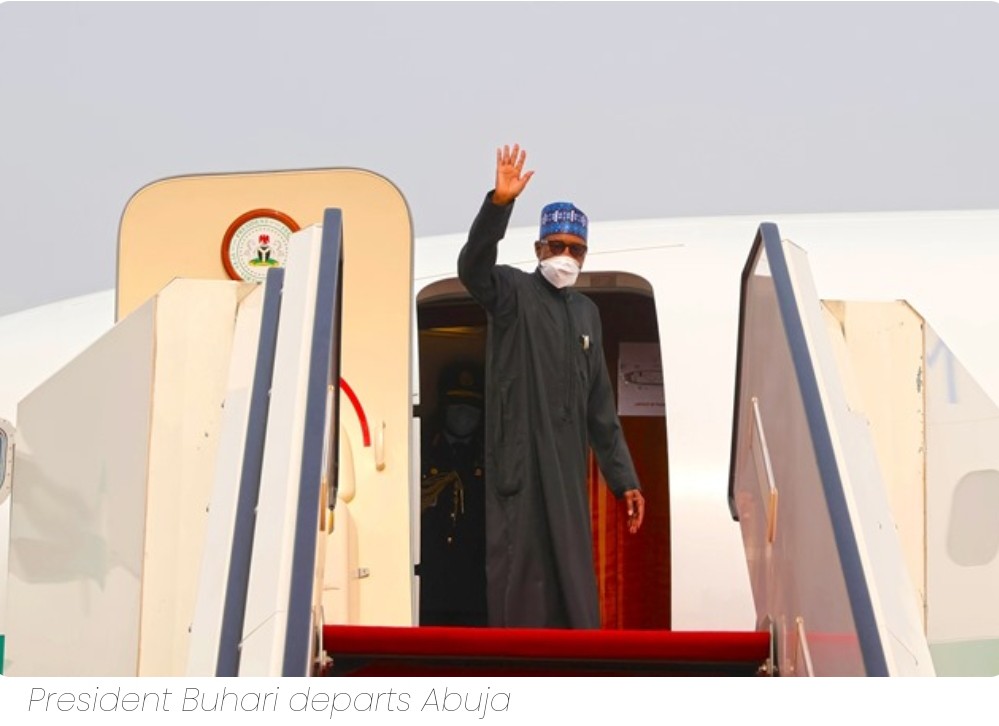 Culture & Tourism
Culture & Tourism Technology
Technology Health
Health